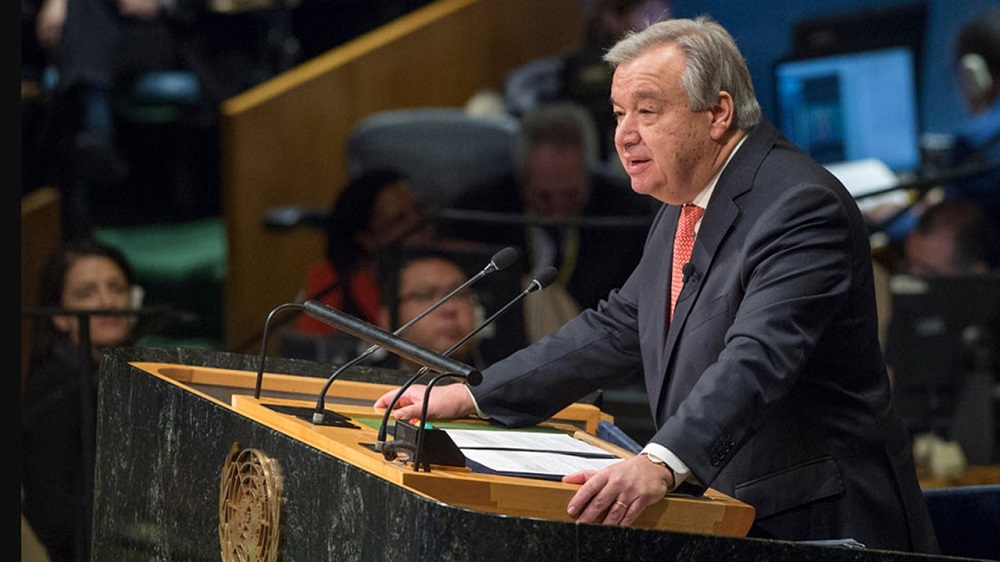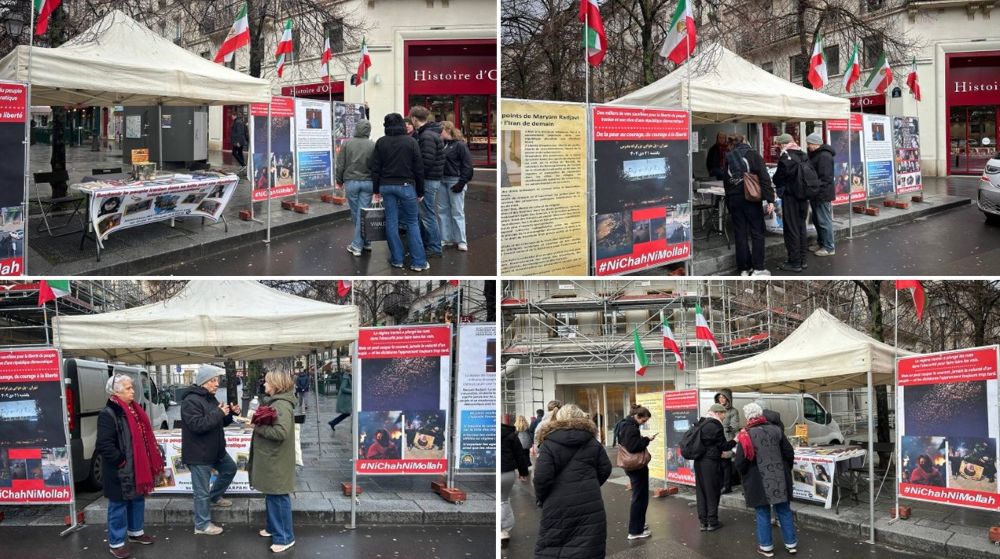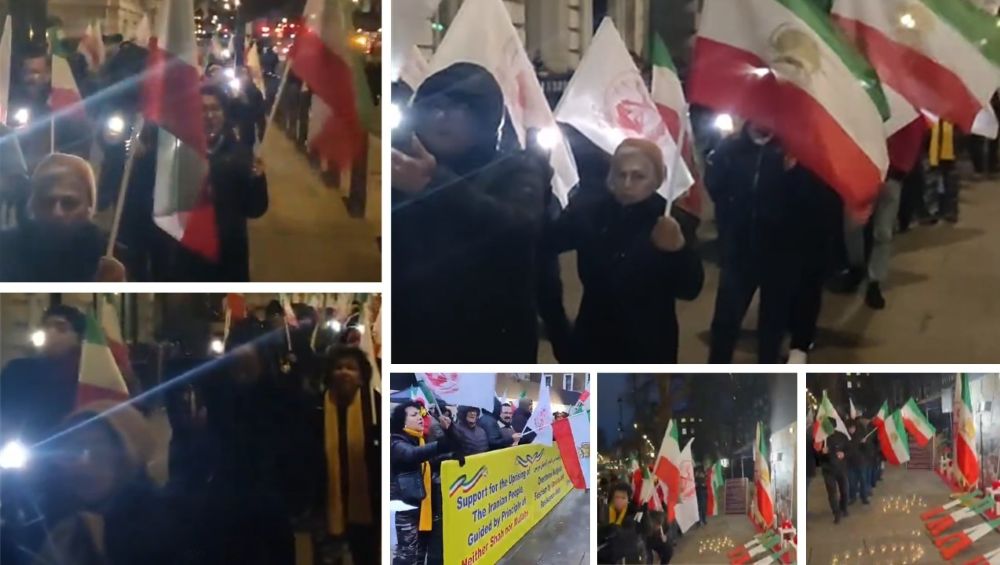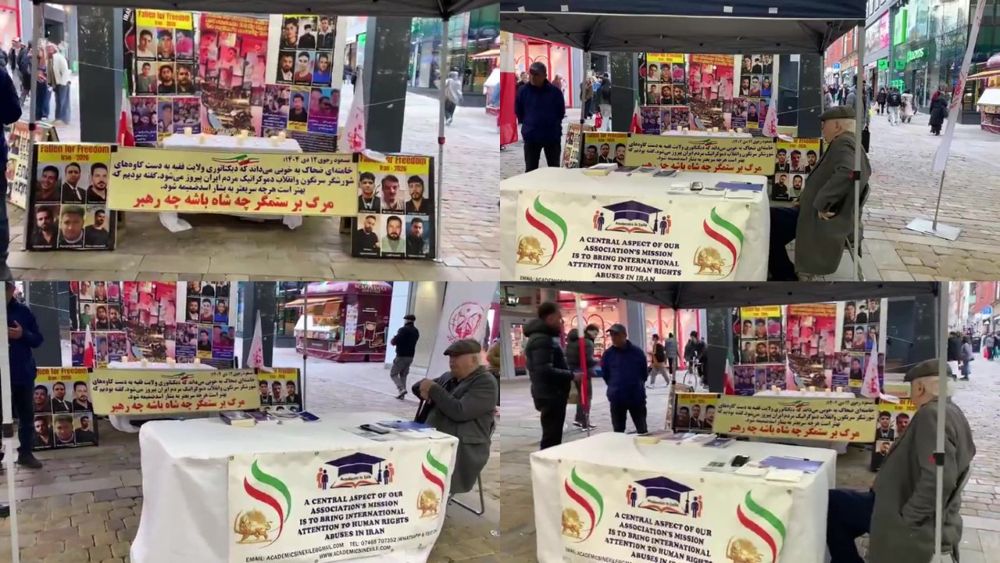
According to the UN Secretary-General’s annual report on the human rights situation in Iran, presented on Tuesday, June 21, the clerical regime executed more than 100 people in the first quarter of 2022. The UN Human Rights Council is a 47-member body that can authorize investigations.
“260 people were executed in Iran in 2020, and at least 310 died in 2021,” said Nada Al-Nashif, UN Under-Secretary-General for Human Rights, in a report to the UN Human Rights Council in Geneva.
According to the report, between January 1 and March 20, 2022, at least 105 people were executed, some of whom belonged to minority groups. However, the report said a number of those executed were drug-related, including several Afghan refugees.
Nada al-Nashif said at the time of her report that at least two juvenile offenders were between August 2021 and March 2022 and that more than 85 juvenile offenders were awaiting execution.
At #HRC50, Deputy High Commissioner for Human Rights @NadaNashif presented the Secretary-General’s report on #Iran.
— United Nations Human Rights Council | 📍 #HRC54 (@UN_HRC) June 21, 2022
The report analyses passed or pending legislative measures with potentially serious implications for human rights.
REPORT ▶ https://t.co/iR7ye380EL pic.twitter.com/P8lyK6j4kg
The report emphasizes that the UN Secretary-General calls for the suspension of the death penalty for persons under the age of 18 at the time of the crime.
The report covers the period from June 18, 2021, to March 20, 2022, “During this period, the Iranian regime faced significant social, economic, environmental and political challenges that have fueled protests among those below the poverty line.” The report says high inflation and widespread unemployment have led to economic inequality.
The Secretary-General’s report also expressed concern about passing a bill to restrict global Internet access in Iran.
Another part of the report referred to violence and ill-treatment by prison officials, as well as the lack of timely access to medical care in detention centers. Baktash Abtin, a poet and human rights activist, was hospitalized after contracting Covid-19 disease in prison and passed away.
The report cites protests in Khuzestan in July 2021 and Isfahan in November 2021 over the water crisis, in which at least five people, including a minor, were killed.
Protests against the protests and the violent crackdown on protesters Another section of the report states that security forces killed at least five people in direct fire. The report emphasizes that the government’s response to the protests is often disrupted by the Internet, making access to information challenging.
According to the report, civil and democratic space is still limited, with at least 55 teachers, lawyers, labor defenders, artists, and academics arrested during the protests in April and May 2022, many of whom face national security charges.



